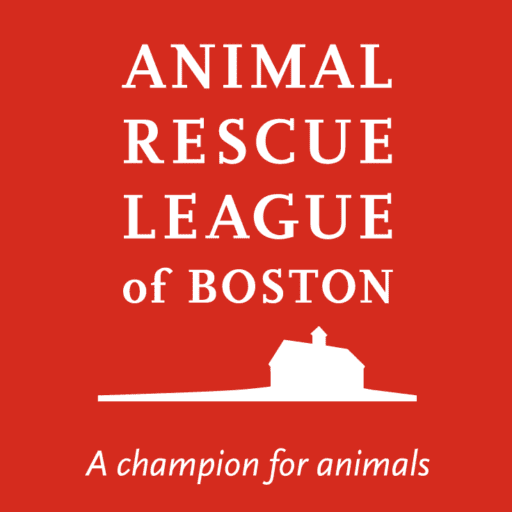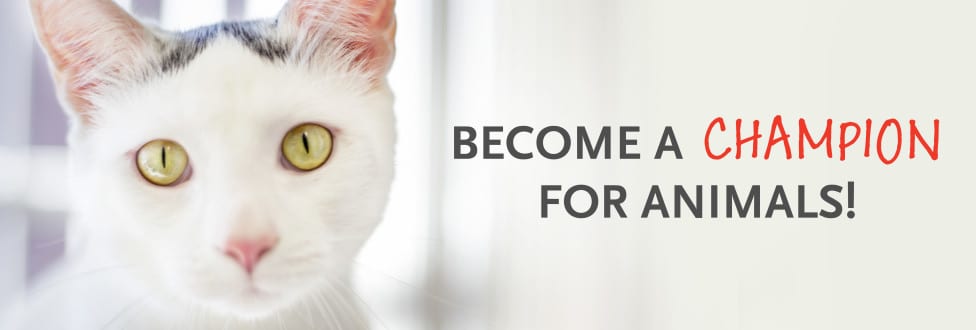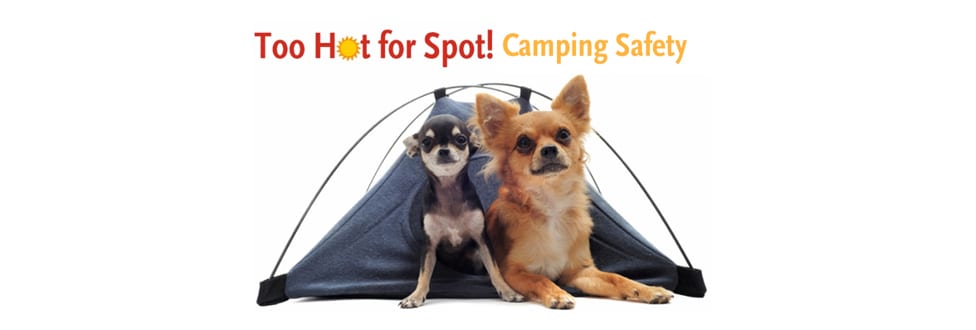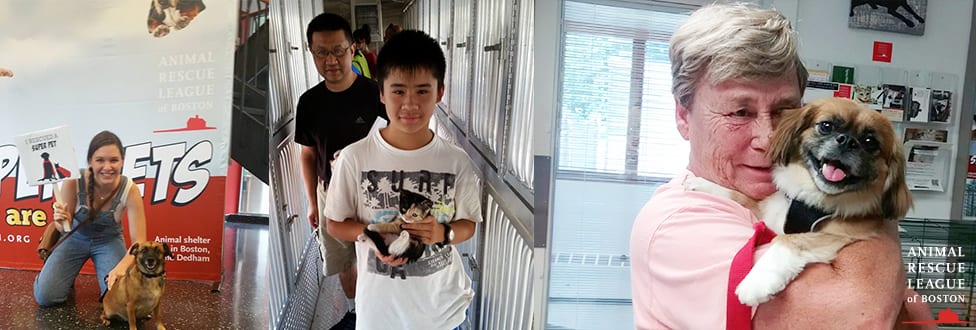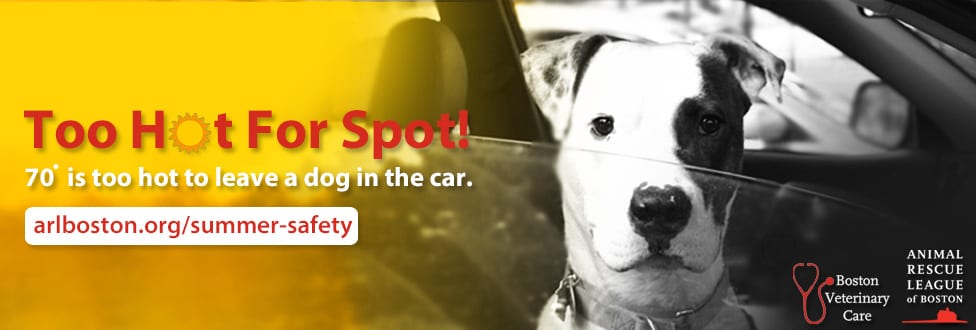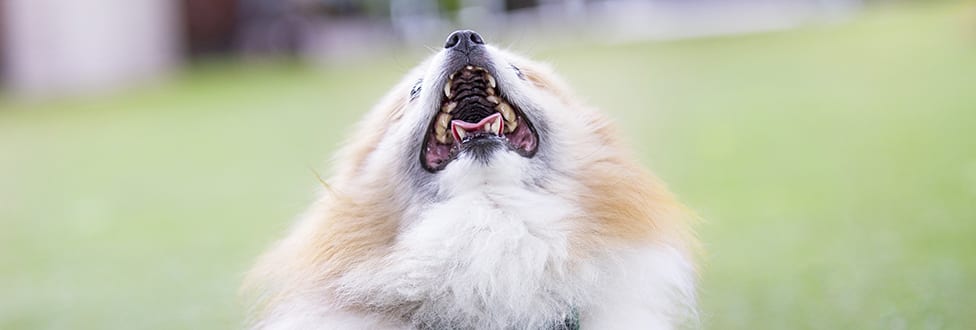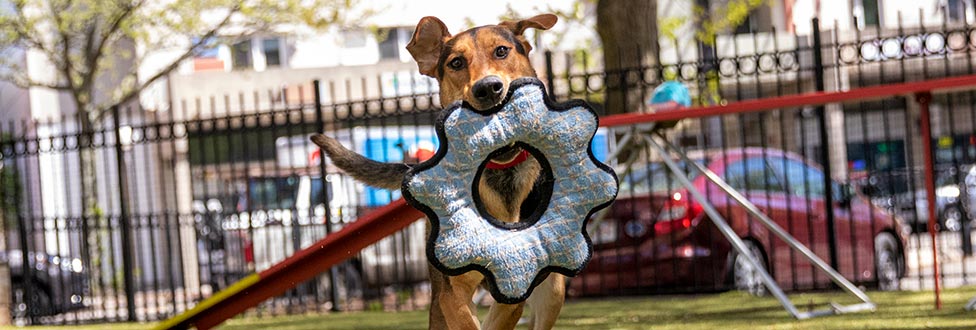It’s Back-to-School Time for Your Dog Too!
7 steps to keep your pup happy this September (Hint: Enrolling in ARL’s training courses is #7)
September is here, which means that back-to-school season is upon us. While the thought trading in swimsuits for sweaters is daunting for kids everywhere, your canine companion, believe it or not, may be feeling the end-of-summer blues too.
In a survey conducted by Pet360, 20% of pet owners with school-aged children reported that their dogs showed signs of anxiety or depression when the members of their household returned to their back-t0-school routines.
According to Dot Baisly, behavioral and enrichment manager at the ARL, any major shift in schedule or pace within the day can trigger separation anxiety in your dog. With the sudden absence of family and activity in the house, pups can become bored and may develop disagreeable behaviors, such as destructive chewing, whining, or insomnia.
Here are 7 things you can do keep your dog happy as the leaves begin to turn:
-
- Ease into it. Transitioning from two months of a bustling household to 10 hours alone in silence will shock any pup’s system. In the days leading up to back-to-school, practice leaving your dog alone for an hour or two at a time. This will help teach Fido that he can enjoy his alone time, and know you’ll be back at home soon enough.
- Keep regular feeding times. For most pets, mealtime is an important and exciting part of their day, so it’s key to keep breakfast and dinner at the same time every day. Animals often nap after they eat, so your pooch may snooze away after a meal.
- Stay active. Before and after work, get in the pattern of going on a walk, run, or to your local dog park. “Your pet will be happier and healthier if he is getting the proper amount of exercise,” says Dot Baisly. “Try to work in at least 15 minutes of socializing and playtime every day as well.”
- Visit the vet. Just like people, animals need regular checkups too. Take your pets to their veterinarian once a year to make sure that they’re healthy.
- Beat boredom. Engage your pet while you’re out of the house, by leaving food puzzles for them to play with. DIY frozen dog treats, such as a KONG stuffed with yogurt and peanut butter, will keep Fido’s mouth and mind busy.
- Teach an “old dog” new tricks. Pick a new trick to teach your pet and have the enitre family work together on training him. Your pet will enjoy the stimulation of learning something new.
- Get back to class. The fall is a great time for you and your pup to bond and add an exciting and challenging element to your weekly routine. Signing up for dog training and enrichment classes will benefit your pup, your family, and everyone around you. Not only does it teach man’s-best-friend safety and good manners, it also keeps him from getting bored.
The ARL offers a variety of dog training classes at our Boston and Dedham locations as part of our commitment to supporting positive relationships between people and their pets. Our certified, experienced, and caring dog trainers help you teach your dog basic and advanced commands, manners, socializing skills, and agility training.
For more information and to enroll in a dog training class at the ARL, visit arlboston.org/dog-training.
